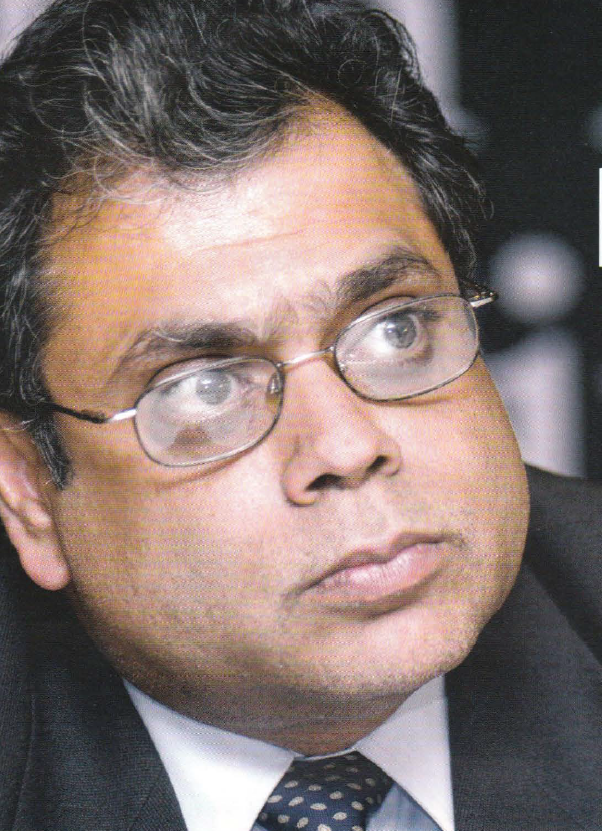By Harin Fernando

Raman Roy Associates is lead by the enigmatic namesake. He is fondly referred to by many as the ‘father of the Indian BPO industry.’ A chartered accountant who launched his career with Tata Consultancy, Roy’s BPO (Business Process Outsourcing) success behan in 1984, when he joined American Express. His success at AMEX did not go unnoticed and he was selected by American conglomerate General Electric to set up similar operations in India. He then went to set up Spectramind with venture capitalist financing. Spectramind, was acquired in 2005 by Wipro, India’s leading IT services provider, and was Roy’s first independent venture.
Business Today caught up with Roya while he was in Colombo recently as part of RRA’s tie up with John Keells Holdings to launch a joing BPO operation.
What have you been upto since leaving Spectramind six months ago?
Since leaving Spectrarnind my team and I have been busy planningwhat we are going to do. We have identified areas that we see as underserved, underserved in terms of locations; that is how we came to Sri Lanka. Underserved in terms of competency and capabilities; and that is how we went into marketing BPO in India.
What attracted you to choose Sri Lanka as a destination for setting up a BPO venture?
It is the competency and capability. I belive that Sri Lanka today is at a stage where India was eight years ago. With our knowledge, learnings and our capabilities we have the ability to substantially cut down the learning curve and the time, and make a difference to Sri Lanka, just like we did in India. We are very proud to be able to contribute to the redevelopment of the BPO sector in Sri Lanka.
In terms of initial training and logistics, will the workforce be made up of predominantly Indians?
We believe in the philosophy of train the trainer, and we see training, as a tool to upgrade skills. We are in a global market place. This is nothing to do with sex, caste and what passport you hold. If there is competency and capability. I don’t ask wheather your Sri Lankan or Indian, we will create competency and capability. It is a flat world, there are equal opportunities for all and we hope to be able to progress those opportunities.
Why are the Asian, especially south Asian regions, leading the BPO revolution?
Because our education system turns out top notch people, the state of development of our economy does not create enough jobs to absorb the output of this education. Thus it creates a surplus that is available for the world at a lower cost, as our cost of living is much lower than advanced economies. So this opportunity is unique and does not exist in other countries as the output is not evident.
The affect of technology on the BPO industry?
The beauty of the BPO operation particularly when you take it to a remote location is that you use cutting- edge technology and that helps both our customers and the local communities to deal with cutting-edge technology. It is a win-win situation for all.
What threat do captive centers (private call centers) pose to your BPO ambitions?
It is not a threat, it is multiple aspects. For instance restaurants exist and your kitchen at home exists. It is not that your home kitchen will close down just because a new restaurant has opened in town. The new restaurant may be very good and you will go there with your friends and family or when you want to celebrate, but your kitchen at home is never going to close down and therefore is not a threat to the other.
The potential for Sri Lanka as a BPO destination?
I may be putting my neck out when I say this but I think the potential is huge. We may be our own worst enemy. Rapid changes are required in telecommunication infrastructure, telecom policy, regulatory policy, etc. to be able to leverage this policy. The world is not waiting for Sri Lanka to leverage the policy. It is up to Sri Lanka to find a way to leverage this oppurtunity or some other country will fill the void. ®





